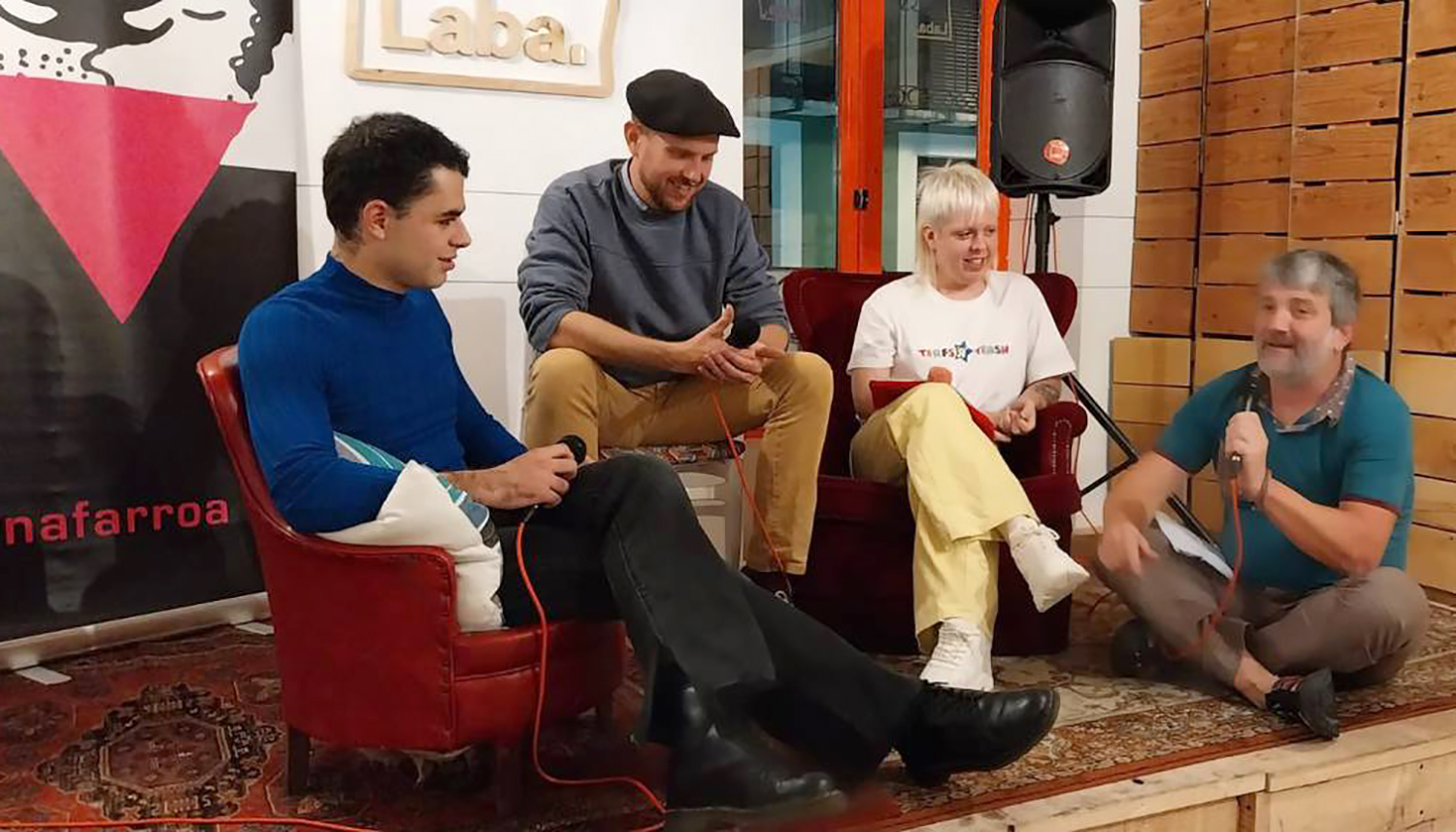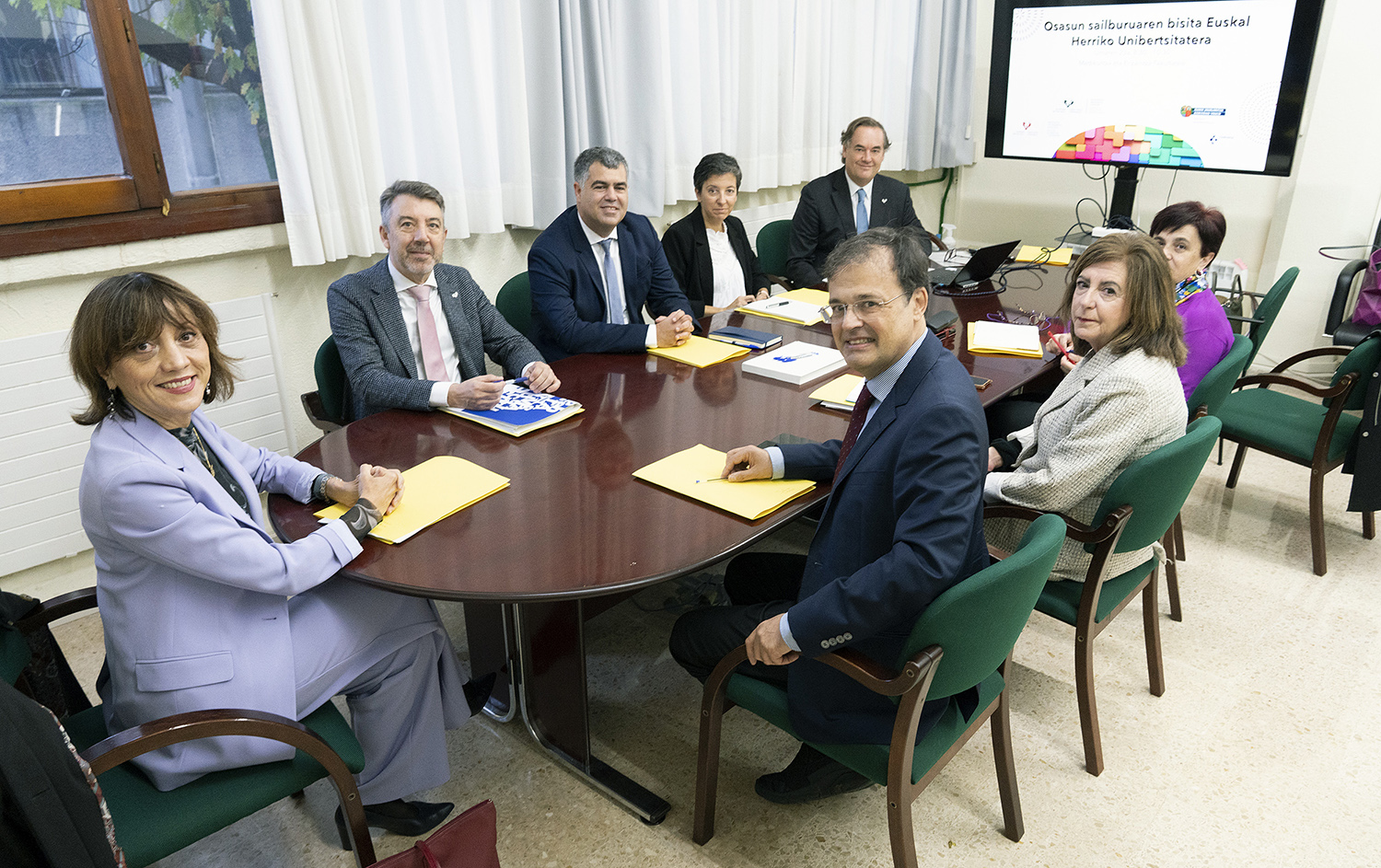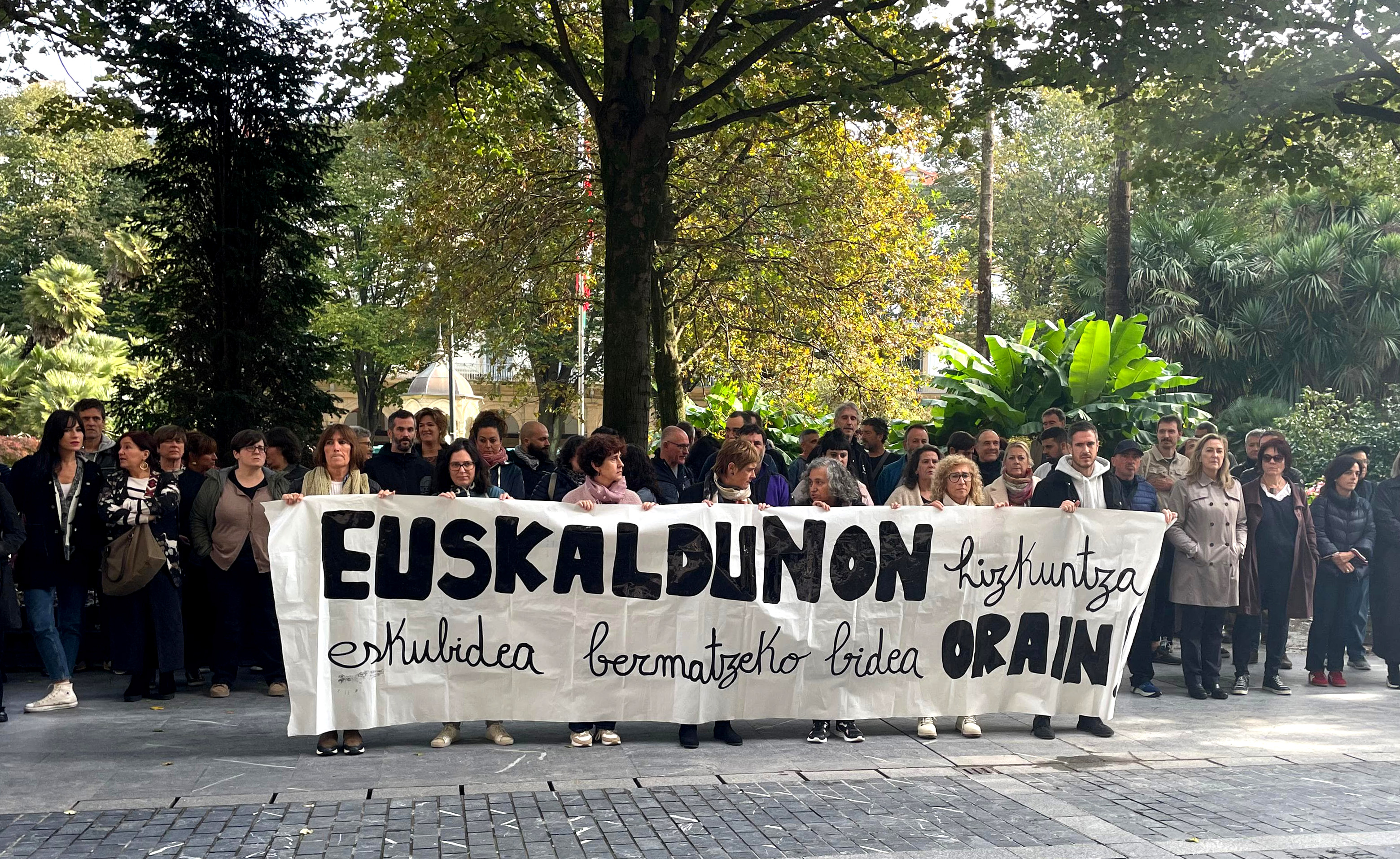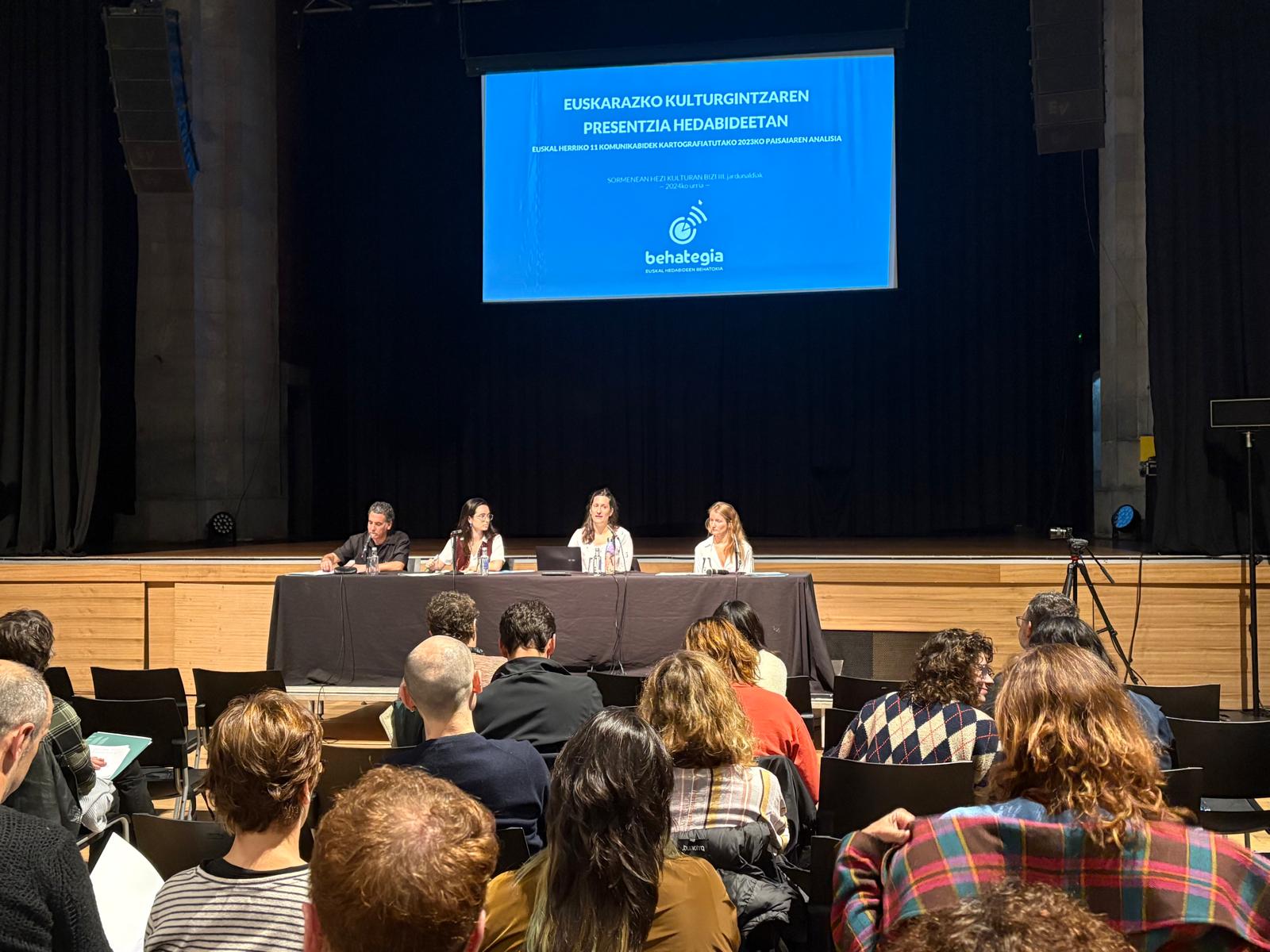"What do the Basque people have to have of rage?"
- Lurdes Mercero loves freedom. He did not intend to marry and his mother told him to marry the nun. However, Mercero, even with the Church, wanted to be as closely linked as possible. So he went to Ecuador for five years as a missionary. He was a professor at Andoain on his way back for 32 years.
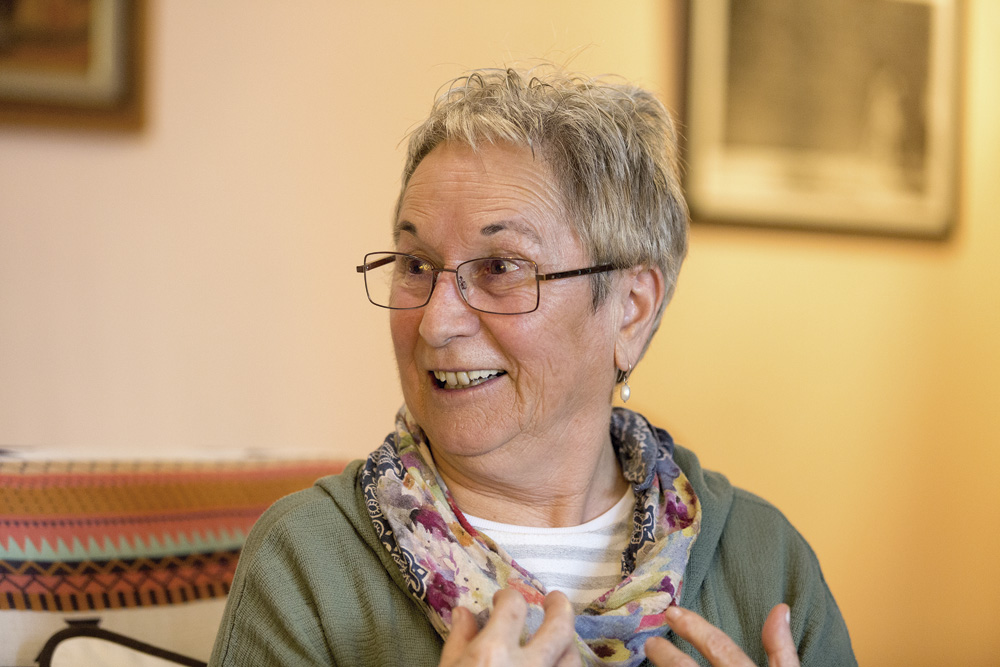
Nafarroako Diputazioak, 1957 eta 1966 artean, diploma bana eta 50 eta 200 pezeta arteko diru sari bana eman zien euskaraz mintzo ziren 6.197 haurri. Horietako bat Unanuko Kaleko etxeko Lurdes da. 19 urterekin, Zaragozara joan zen batxilergoa eta irakasle-ikasketak egitera. Ondoren Ekuadorrera egin zuen bidaia fraide kaputxinoen laguntzaile gisa, bertako indigenekin lan egiteko. Itzulitakoan Andoaingo Aita Larramendi ikastolan irakasle lanean hasi eta han aritu da 32 urtez. Erretiroa hartutakoan unibertsitatera itzuli eta hamabi urteren ondoren han jarraitzen du, orain antropologia ikasten, euskaraz.
What was your childhood like?
Until I was 19, I lived in Unanu. Those times were not easy. We were six brothers. We lived from agriculture and always in scarcity. Misery doesn't, but always in hardship. I've always met my father working for the village: if I wasn't the mayor, I don't know what about the neighborhood. I always held a position.
In Unanu, something very important happened at that time. A young priest came from Berroeta, Don Felipe Santesteban Iriarte, who was just out of the seminary and who suddenly brought a great movement to our people. In Unanu, Dorrau and Lizarraga we only had electricity for a few hours, which we obtained from the mill and its efforts with Iberduero, for example, to bring light. In addition, he did a great job of making new schools, bringing water to the houses, putting the streets well ... It struck our people everywhere. For the kids, it was also very important because she gave us classes at night in her house.
What classes?
What Professor Don Eladio did not give: basic things, Basque culture, dance, music… of everything. He knew the musical technique very well, and as in the village there were good voices, he formed a choir. They also studied Gregorian. I was little, but I was always going to listen. My older sister would always sing at home while doing homework. Don Eladio was Navarro, but he did not know Euskera. She married a girl from the area and stayed there, but she was a talking Castilian. It didn't hurt us. He got angry, he got angry. He didn't particularly punish us for speaking in Euskera, but he was old and he would often get angry and send us out or when we were studying the bowl, he slept and the stick fell to the ground.
“That woman [Ana Beltrán, president of the PP of Navarra] is not right, or she is fundamentalist, or she takes some hallucinogen. There is no point in the barbarities it says! Throughout our lives we have had to endure the imposition of a foreign language”
The cure intervened.
Don Felipe immediately understood the fault and took responsibility for teaching the children. That's what marked my whole life. Everything went very well until the accusations against Don Felipe arrived. A mayor and other neighbors (for envy and things like that) began to say that in the evening he met the boys and girls in his house to know what to do. The letters started coming from the archbishop, and we were all surprised and wept, and he too. My father told him that we would fix it and that his sons would go to the archbishop to tell him what they were doing in his house and to be calm, but soon he was punished to the Malaysian town of Ronda. Then he exiled himself to Venezuela, where he spent his last years. Don Felipe marked the thinking of the people. Those of our generation learned to see things differently.
How did you decide to go to Ecuador?
From a very young age, I was clear that I would not get married and that I would have no children. I wanted to go to Ecuador. We had a Capuchin uncle, a professor at Lekaroz, who taught us how young people worked there with the Capuchins. I watched her films and decided that's what I wanted to do. My mother said no, better than the nun was in Santo Domingo with our older sister, Maixabel: “Bizu fan with Maixabel.” Not bad that my father got on my side, but I was too young and at home I was told I had to study first. When I was 19, I first went to Zaragoza to do high school and then to study teaching. It was the first time I had left home. I was accompanied by other girls from Navarra, including María Julia, Zudaire's teacher.
By day we worked in a nursery, and by night, at seven, we were going to study. We were comfortable, but I remember wearing hats because of the cold I was doing in my nose and ears.
Was it hard for you to live in Spanish?
Yes. I wasn't very good at math and physics, for example, and Mother Paz, a Catalan nun, said to me, "You're hunting!" How did he treat me! Maria Julia, no. He realized that I had problems because I didn't master Spanish, but he didn't despise me and help me a lot.
I remember my father saying to me: “Don’t get it wrong and don’t get hard.” I had a challenge with the studies and when I managed to pass it was terrible. I breathed. In addition, with the help of Maria Julia, I got a very good scholarship to continue studying there. It was hard, but I chose it myself.

Why Zaragoza and not Pamplona?
All because it was meant to accompany the Capuchins. I studied with a Teresian mother, and then I got the titles approved.
So, were you a missionary, but not a religious one?
Yes. This was an initiative that was the same as an NGO. I've never wanted to be a nun. I love freedom. Commitment yes, and do what you have to do in that commitment in an orderly manner, but the links with the Church and other institutions, as little as possible.
But do you think so?
Yes, I believe, but the Church, as an institution, I don't like it.
What was the time of Ecuador?
I was five years old. The first thing I saw when I arrived was the kind of machismo that was there. The Capuchins, the group of men, knew it and commanded everything. But the reality was the opposite. We, the young women, had a special education because we were teachers and nurses, and also, thanks to our sensitivity, the indigenous people were easily approaching us. We also had very hard experiences. I helped myself in some births, for example. Once in the house of a young woman who was about to give birth, the young woman was there screaming, lying on a bad road. The chickens and the dogs were around him, devouring the blood that fell. I don't know if the creature had been made too! We helped him as much as we could. We put it all neatly and broke off. We thought the two would die, but after a while we saw the girl with her young son. What a joy!
“From a very young age I was clear that I wouldn’t get married and I wouldn’t have children.”
What did you learn there?
Which is another culture. Simple and enormously generous people. They don't give what's left of them, as we do. When we arrived, they had a chicken or they had a dungeon that they killed so we could eat it. We did not understand that way of acting and were ashamed of it. On the other hand, the Capuchins told us that we had to be very discreet and that they should not be offended. If we didn't want to eat what we were given, we couldn't say no or show contempt. They had discreetly taken their food out of their mouths and given it to the cats and the dogs around them, but without them realizing it. This was the first rule.
Liberation Theology was underway at that time and we participated in the movement of Leonardo Boff and other theologians. We defended the identity of the people and it was very hard to see, for example, how the Americans were carrying their oil. They had a really bad time. I also learned the language of the Queches. I cannot speak well, but I understand enough.
Here there have been very powerful communities of Ecuadorians, first in Navarra and then in Tolosa and Lasarte. When I see people from Ecuador, I talk to them.
Why did you come back?
I came back five years later, because our commitment to stay was for that time. The truth is, it took me a hard time to forget about the life I had. I always put myself to compare.
We arrived in 1975, when Franco was dying. I started in Pamplona looking for work. The ikastola San Fermin had just begun. Martin Martínez de Morente, brother of my friend María Julia, was here the head of the congregation of Verbo Divina. A very direct person, demanding and vascophilous and priest of the congregation, was sold to the founders of the ikastola San Fermín for 80 million pesetas. The building was shipped to Zamora to be sold three times cheaper than it was worth.
I didn't go into the San Fermín ikastola because I wasn't literate in Basque. I started working in San Sebastian, giving private classes to children with intellectual disabilities from affluent families. So I started my literacy process. Then I started working in Andoain, at the ikastola Aita Larramendi.
They set us a deadline to get the EGA test to those we didn't have yet. I don't know how many times I showed up for the exam! I had a big complex and I was hooked. At the end I was introduced to a year and on the day of the exam Father Villasante touched me. I will never forget your position. He immediately realized how bad I was going through and said: “Don’t worry. Write as you speak. Besides, you speak very well. Try it.” I did the same thing, and I overcame it. All the professors of the ikastola got the title and thanks to it the ikastola was able to receive subsidies. I started working there 42 years ago, and I retired twelve years ago.

You keep learning. What do you do?
I started in the UPV immediately after my retirement. At first I spent four years studying Humanities in the Classroom of Experience. When I finished, I wanted to continue studying, but in Basque, and I was given the opportunity to enroll in other studies. I've been studying History of Philosophy for six years, and now I'm studying Anthropology, not the whole career, but some single subjects. My goal is to learn Basque and I am very happy with teachers like Iñaki Zabaleta Gorrotxategi, Josu Larrinaga, Mariluz Esteban and Luismi Huarte. They're all beautiful. I'm learning in depth. It makes me feel good and I will not leave it while I am in a position to do so.
We have been told that you are also an enthusiast of the Basque media…
The Basque media is very much needed. I have ever seen the LIGHT of Heaven at home, probably bought by my father in Pamplona. Then I signed up. I don't get to read it all, but I really like it. We have to maintain this yes or yes.
What do you remember from the diploma you were given as a child on behalf of the Provincial Council of Navarre for speaking in Basque?
I was 10 years old. I don't remember too much, but there were the school teacher, the priest Don Felipe and two elegant strangers. I was asked questions in Basque. We were all in school. I don't remember much, but I guess I'd talk a lot, like now.
I have always kept the diploma together with my other titles, but this is a much loved treasure. I have always given him priority. For me, the diploma is of great sentimental importance and in the history of our people and our family. The mother had kept it. Thanks to him I have it now. I believe that this award was related to the new path of well-being initiated in Unanu. Great progress was made in Unanu and there was a great difference in the valley, on the one hand Unanu and Dorrau and on the other Lizarraga. Unanu was a unique village throughout the Sakana.
Now, on the other hand, it seems that more than the prize must be punished those who know Euskera in Navarra…
I would like to have in front of Ana Beltrán [president of the PP of Navarra], as we are now both, and I would say: “Relax the woman. Don’t you be ashamed of what you say?” This woman isn't OK or she's fundamentalist or she takes some hallucinogen. There is no point in the barbarities it says! Throughout our lives we have had to endure the imposition of a foreign language. They've imposed it on us with blood and war. Our language is not Spanish, but it is all very well to know, like English and other languages.
This woman doesn't realize where she is, or she knows and does it to provoke her. But don't cause so much people! What do you want, go back to other times? You lived well somewhere, but we didn't have a great time. It's going to cost us to heal our pains. Esparza [José Javier Esparza, president of UPN] is younger, but you can see that he is not well, that he sleeps little. What do they have to be so rabid to the Basque?
“Yes, that will be an assembly… or a joke made by someone… or something taken out of context…
“No, dear, here’s the video, listen to the interview.
- Oxtia, yes! – spinning around the eyes in the holes.
J. couldn't believe it. However, it is not incredible, it is... [+]
Beware of that view of the South. Firstly, to demystify the blind admiration of the green land, the white houses and the red tiles, unconditional love, fetishism associated with speech and the supposed lifestyle. It leaves, as Ruper Ordorika has often heard, a tourist idea... [+]









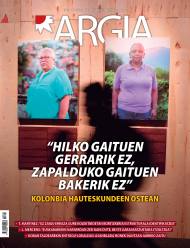



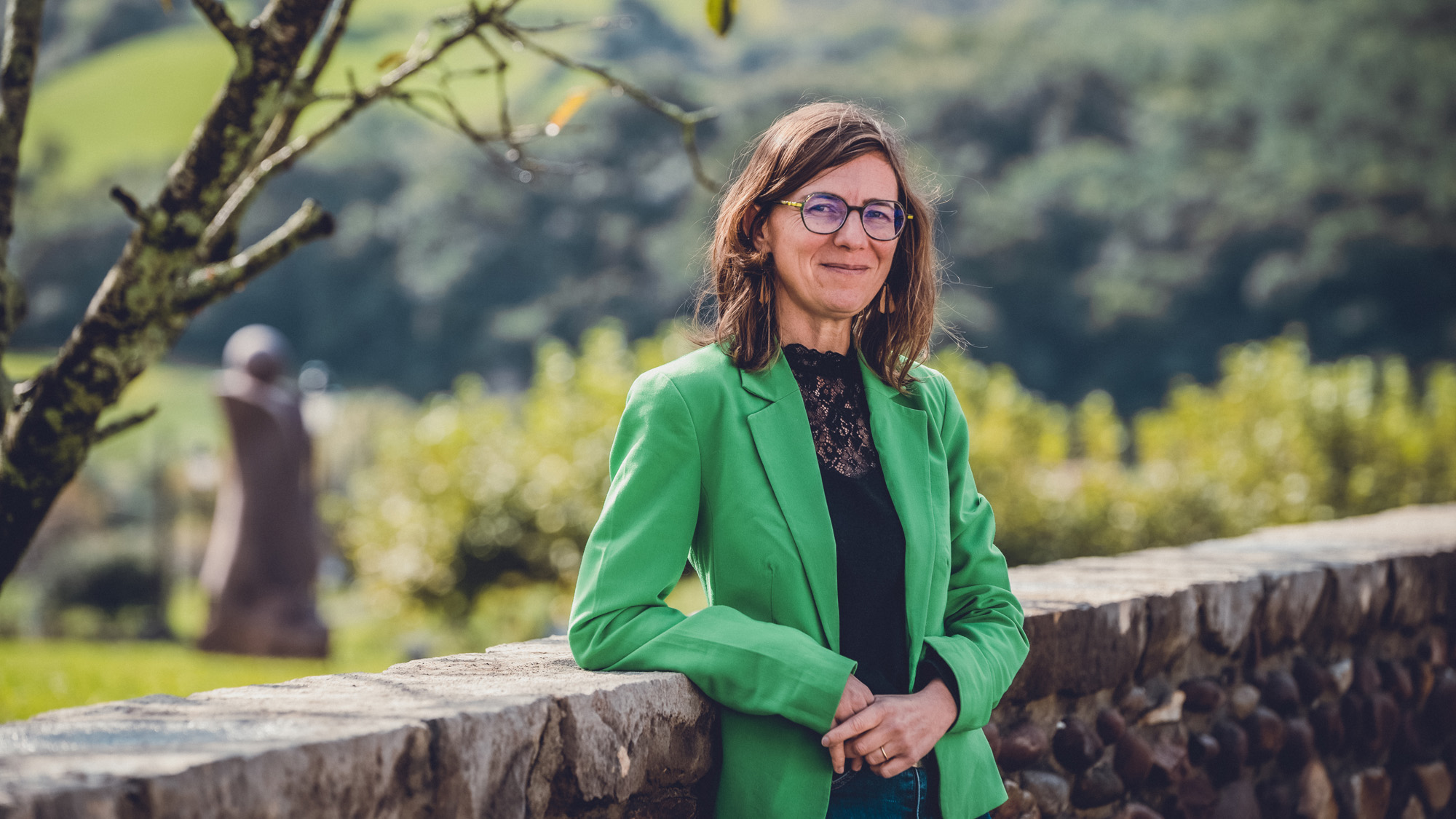

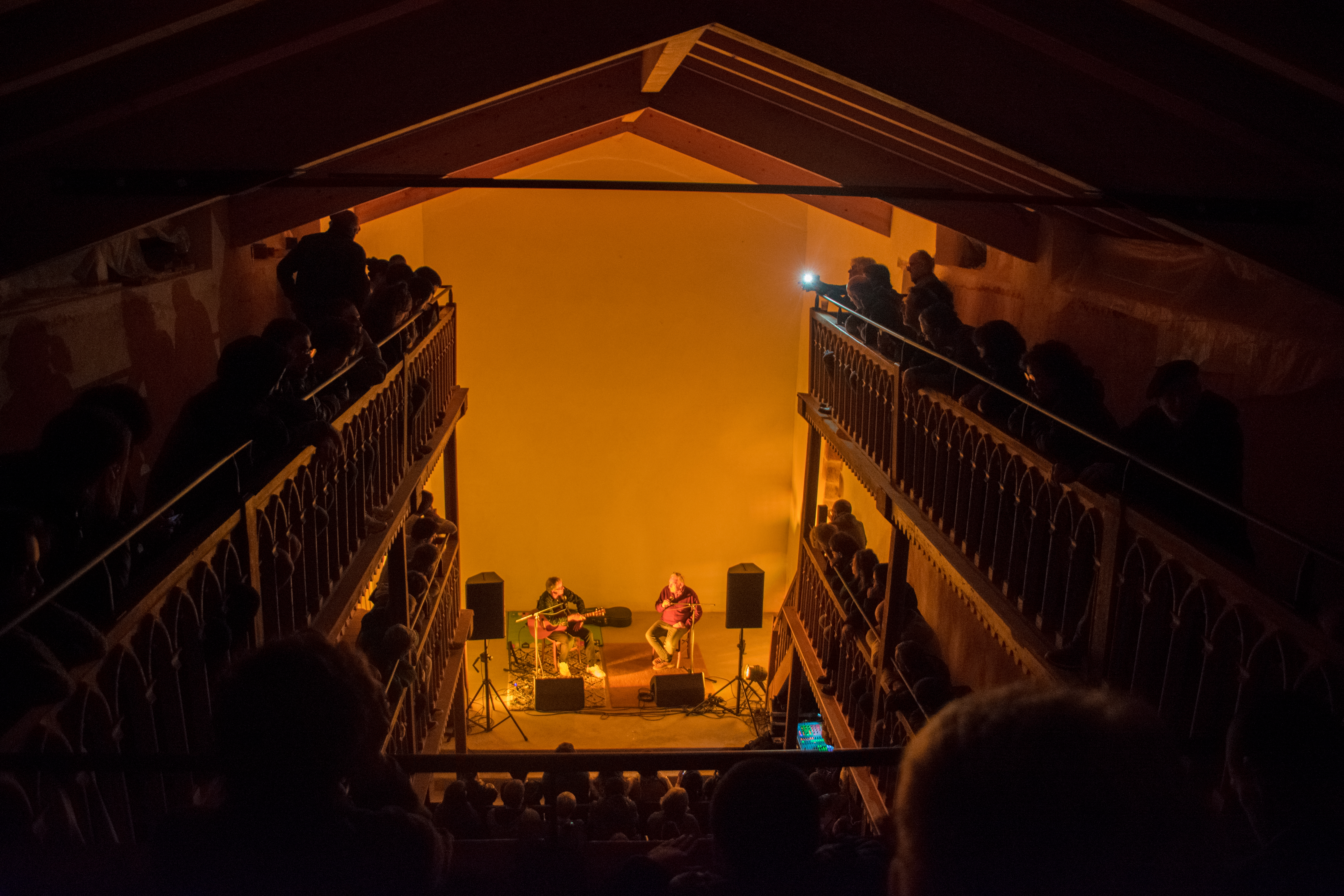
.jpg)
